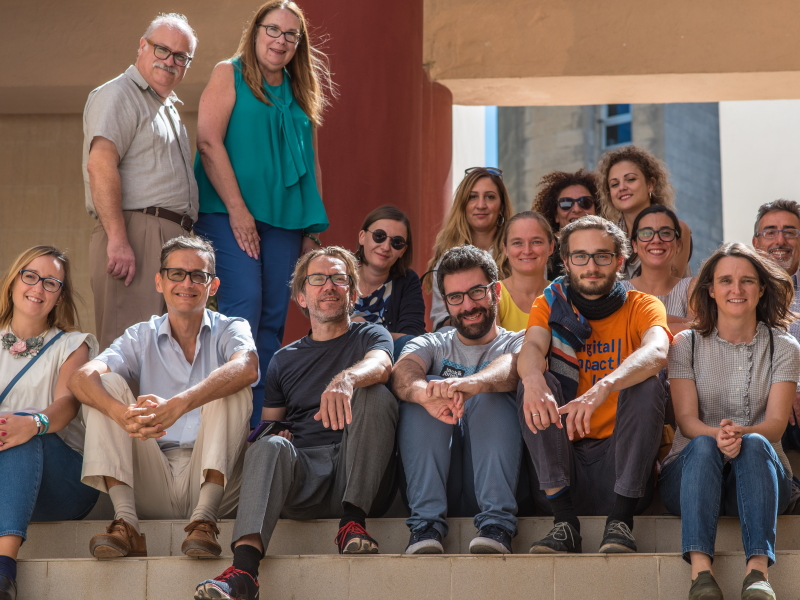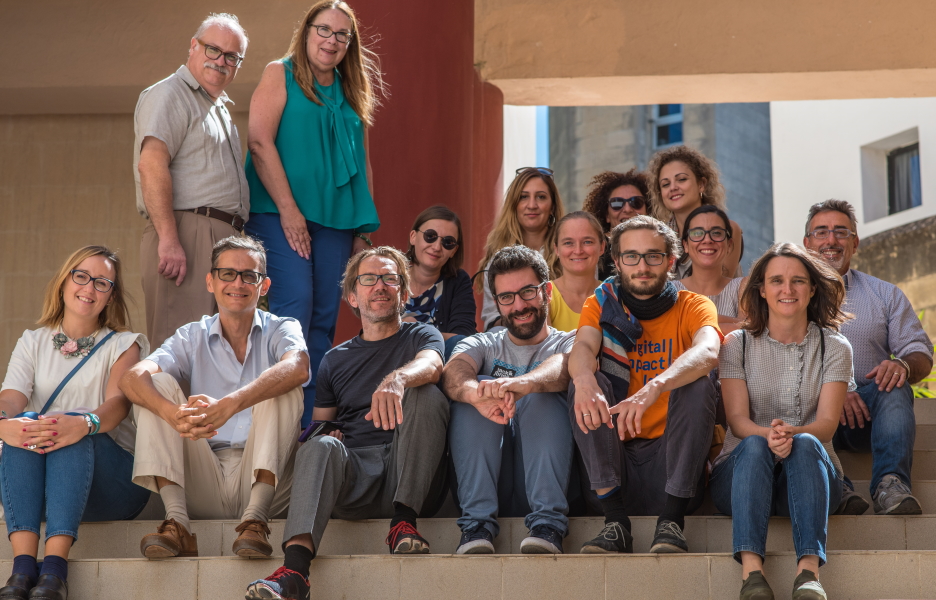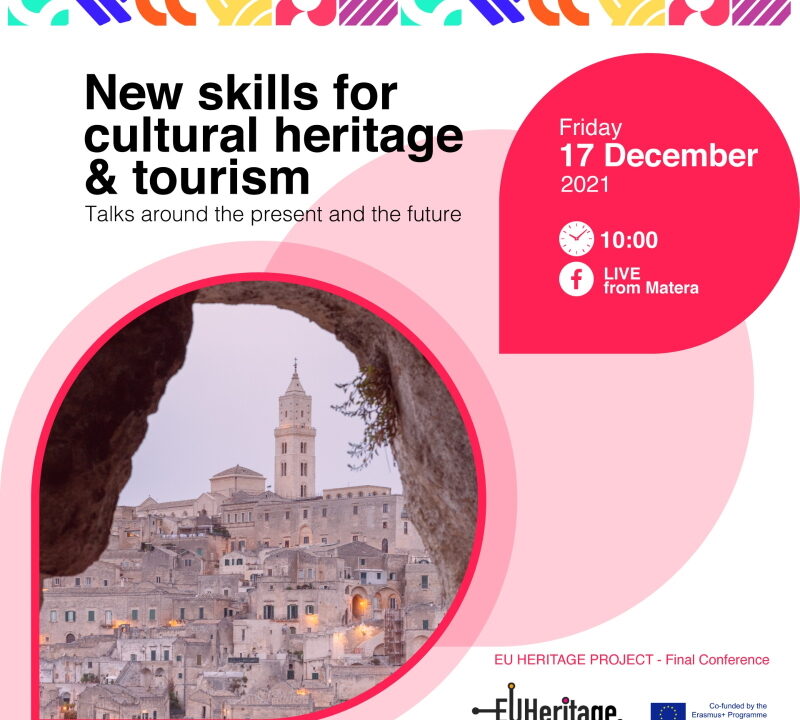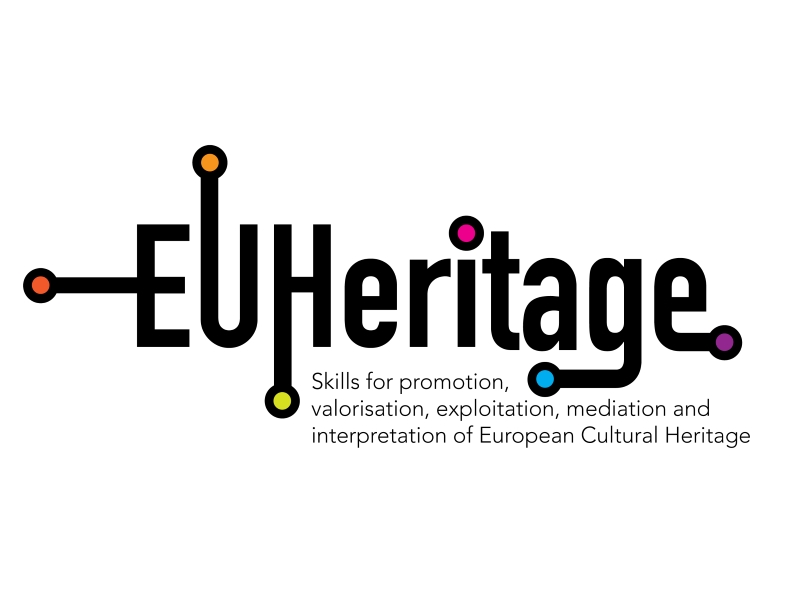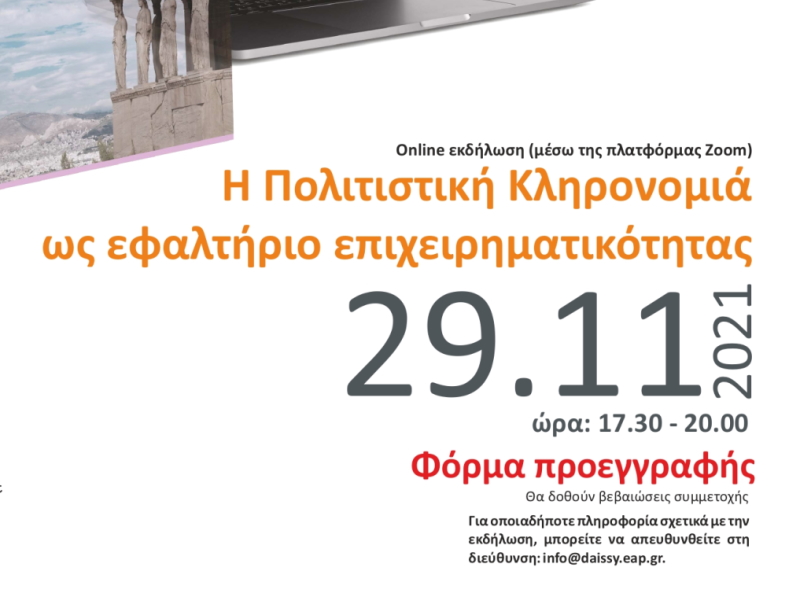One of the main concerns of cultural organisations and education institutions in the EU today is how to apply international experience to the contexts of cities, towns and villages in local contexts around Europe. Therefore, the relevance of research to actions in community frameworks is of great significance. When addressing cultural heritage by applying theory and research outcomes to practice, the partners forming the consortium of the ErasmusPlus project EU Heritage keep this concern at the forefront of their efforts. They they did so again at the second partners meeting hosted by the Institute for Tourism, Travel & Culture at the University of Malta at the end of September.
One of the main concerns of cultural organisations and education institutions in the EU today is how to apply international experience to the contexts of cities, towns and villages in local contexts around Europe. Therefore, the relevance of research to actions in community frameworks is of great significance. When addressing cultural heritage by applying theory and research outcomes to practice, the partners forming the consortium of the ErasmusPlus project EU Heritage keep this concern at the forefront of their efforts. They they did so again at the second partners meeting hosted by the Institute for Tourism, Travel & Culture at the University of Malta at the end of September.
Following recent developments in European trends in the management of cultural resources at local and regional levels, early indications from the first outcomes of the project research that is well underway indicate a belief on the part of the cultural heritage professionals interviewed in the importance of being able to administer in an efficient way more of the digital and innovative tools in hand and having greater possibility to generate new ways of interaction within their own and with different communities. They also perceive that links between management and cultural heritage are developing in ways that benefit researchers and users on the basis of their own learning paths and their personal and professional understanding of the main needs and priorities of the sector.
By targeting operators, managers as well as local and regional authorities, the research outcomes of EU Heritage will inform teaching and training programmes to help support current and future professionals already part of or taking to the field.
The consortium managing EU Heritage consists of the European network for cultural management and policy ENCATC, the Italian innovator catalyst Fondazione Fitzcarraldo, the Flemish heritage and pedagogic agency Alden Biesen, the Italian Chamber of Commerce in Spain, the Institute for Applied Media Technology and Culture at City University of Applied Sciences in Bremen M2C, the National Institute for Cultural Research and Training in Bucharest, the Madrid-based cultural organisation La Cultora, the Hellenic Open University and the Institute for Tourism, Travel & Culture at the University of Malta.
So far this collaboration has proved to be an example of best practice in action in the way it connects local to European dimensions. It has done this by addressing realities that vary by looking for commonalities and the exchange of experience. Its focus is on applied research in the field of capacity building. Its training component drives the identification of the needs of the sector, the requirements of the labour market, the profiles related to them, and expectations from service and vocational and educational training (VET) providers. Furthermore, it provides a review of the sectors of culture and heritage management at both national and international levels within the European context.
The next phase will see the project provide specific training programmes that highlight positive and effective action in the field of cultural heritage across the EU.

